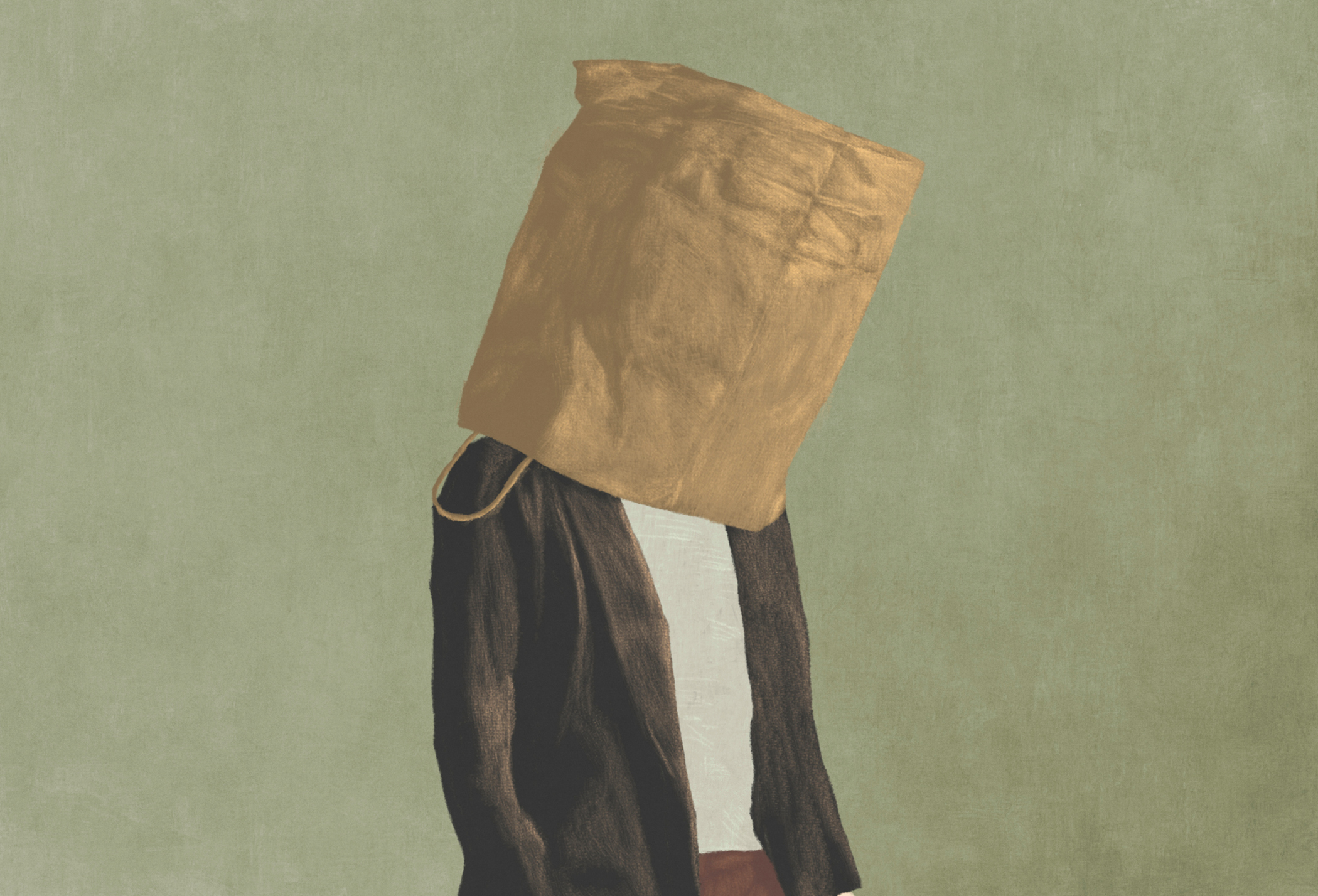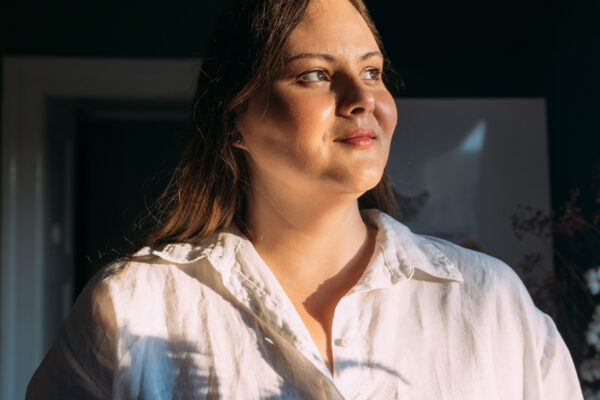Managing This Complex Emotion and Finding Self-Compassion
By Jamie Bussin and Carlyle Jansen
At some point in our lives we all feel uncomfortable either about something we’ve done, or perhaps something that has happened to us. Perhaps what has occurred is outside of societal norms or doesn’t jibe with our core values or how we see ourselves. And we may experience feelings about that.
Registered Psychotherapist, and former owner of Toronto sex shop “Good For Her”, Carlyle Jansen, came on The Tonic Talk Show/Podcast to discuss why we feel shame. This is a digest of that conversation.
Shame is a very common emotion. Everybody who has empathy will feel shame. It is a complicated emotion. It is internal, self-directed and layered. It might intermingle with feelings of sadness or guilt or might be expressed as anger.
According to Carlyle, shame comes out in lots of ways, especially around sex. For example, if one experiences erectile dysfunction, or (unfortunately) when someone is sexually assaulted. Shame could be rooted in something as rudimentary as what turns you on or what you’re thinking about.
But, why do we feel shame? Shame is an evolutionary construct. Its purpose was to protect us from being kicked out of our community. We hold in things that, if disclosed, might get us kicked out. And getting kicked out of one’s community in ancient times was an existential threat. People who were ostracized would have difficulty surviving – without housing, food or protection from animals or other people.
Those ancient fears of being kicked out of our community still exist, but look different. For example, youth living on the street who are queer or trans. People are still ostracized from their families or kicked out of their homes.
That is still a very real threat for many of us. Carlyle explains, “We all want to be attached to people, we want community, we want family, we want friends and the thought of people sort of cutting us off whether it’s life-threatening or not is still painful.”
Carlyle thinks that some of us get caught up in the habit of shame in which we find ourselves ruminating. The more we think about shame, the more it becomes entrenched and we feel bad about ourselves, until we reach the point where we believe we are bad.
The first step in overcoming the habit of shame is to notice it. Once we notice how we’re thinking about ourselves, we then have to untangle those thoughts, and ask questions of ourselves; why am I feeling bad about myself? Am I actually just feeling sad? Am I embarrassed about something that has occurred? Or maybe I’m afraid that my partner might leave me.
We wouldn’t have shame without underlying issues. Shame often involves judging ourselves.
Carlyle believes that we can’t deal with our shame when we keep it inside. We just keep thinking about it and make matters worse. She advocates vocalizing shame. Talk with someone else, whether a non-judgmental partner, trusted friend, or therapist etc.
Or, if you don’t feel comfortable speaking with someone else, try journaling. Journaling is great for getting your thoughts, the stream of consciousness that exists in your head, out.
Once you are able to address the source of your shame outwardly, you may find that others are struggling with the same issues. Or that what has happened to you, happens to others too. And that what has happened will not result in you suffering the consequences you fear; that you aren’t normal, that your partner will leave you, that you will be ‘kicked out of society’.
Once we realize that we aren’t going to suffer the consequences, being open and honest might actually be beneficial and bring us closer to our partners. That notion is stress-relieving.
Of course sharing those fears with a partner, for example, requires trust that you will not be judged and that you will receive compassion, which in turn may lead to self-compassion. Not every partner is capable of that compassion or being non-judgmental. In those situations you might speak with someone else first, such as a therapist, or trusted friend.
Carlyle thinks that we not only have to vocalize our shame, but also deal with it internally. Many of us have strong inner critics, perhaps because of the way we were brought up or our culture. So we must realize that it is okay to make mistakes. And if we make mistakes that impact others, it’s okay to feel badly or feel guilty. We should acknowledge and apologize for what we’ve done.
Apologizing and making amends for our mistakes or bad behaviour is better than feeling shame. In that way we free ourselves from the heavy cloak of judgment and allow ourselves to move forward.




